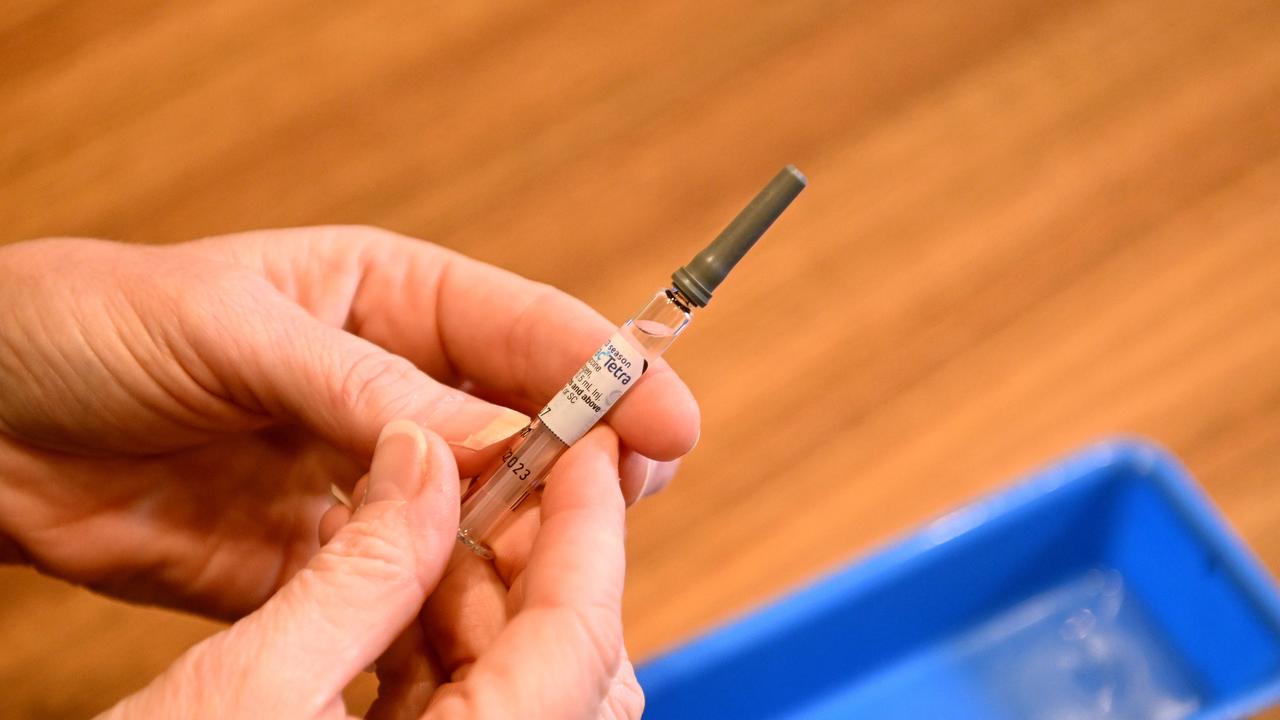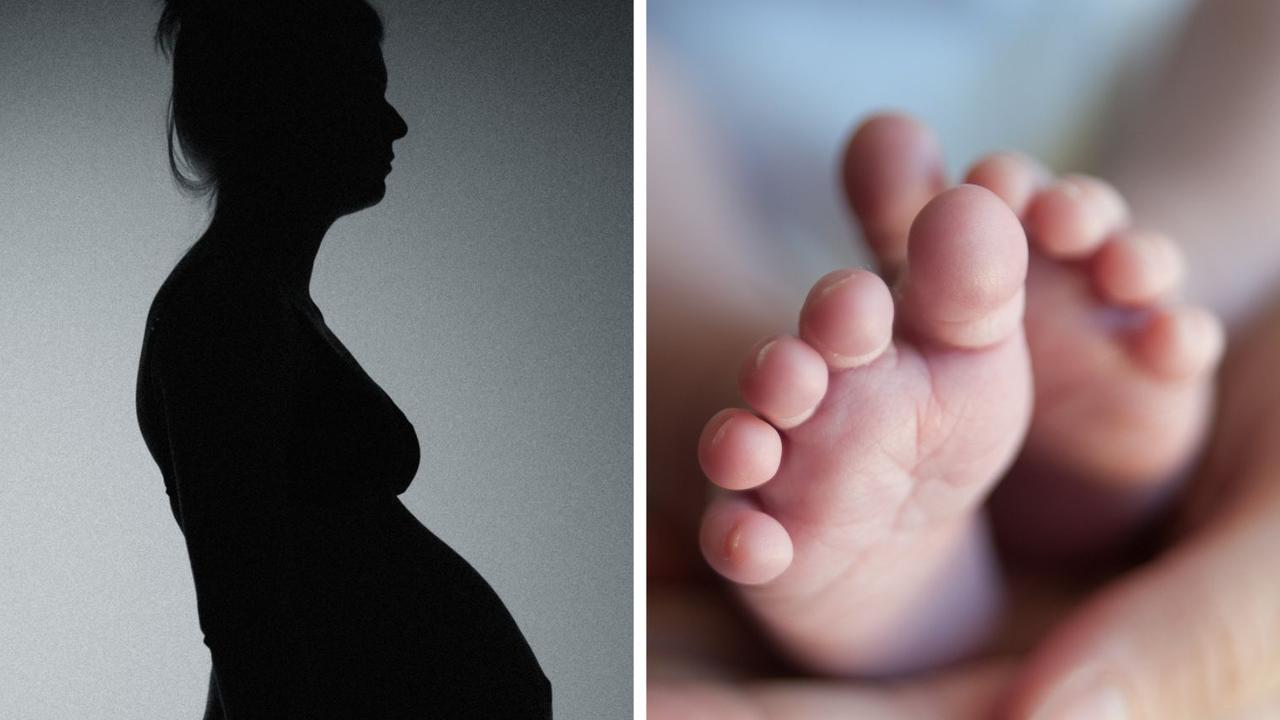Abu Dhabi to bar unvaccinated from schools and shops
Countries around the world are turning to tough measures to encourage vaccine laggards to get jabbed, including barring access to shops and jobs.
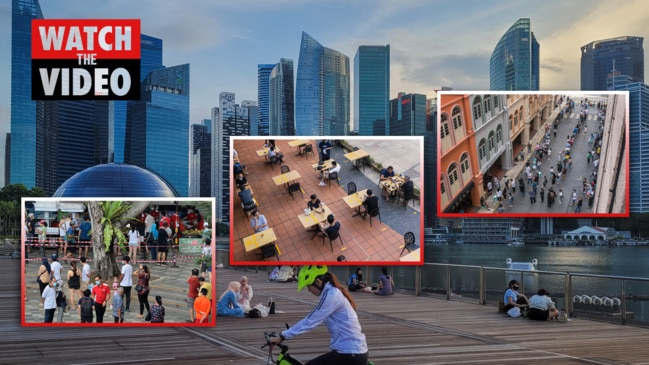
As Australia struggles to get its vaccination rate into the double digits, countries with more successful shot strategies are turning their minds to how to encourage those holding out to get jabbed.
The United Arab Emirates (UAE), which has the world’s highest vaccination rate, has announced the unvaccinated will soon not be allowed to enter shopping centres, restaurants, schools or museums in its capital of Abu Dhabi.
“The decision is in line with the emirate’s strategy to combat the Covid-19 pandemic and complements preventive and precautionary measures taken to preserve public health,” the Abu Dhabi government said in a statement on Monday.
It’s one of a number of sweeping steps being taken around the world as nations attempt to emerge from the pandemic and return to a level of normality.
Last week, Singapore said breathalyser Covid tests at shopping centres and workplaces could be rolled out alongside axing quarantine and ditching daily case numbers as part of a plan to “live with Covid”.
In Russia, which is battling mass vaccine hesitancy, there are warnings people could be sacked from a range of jobs including bar work if they don’t get the jab.
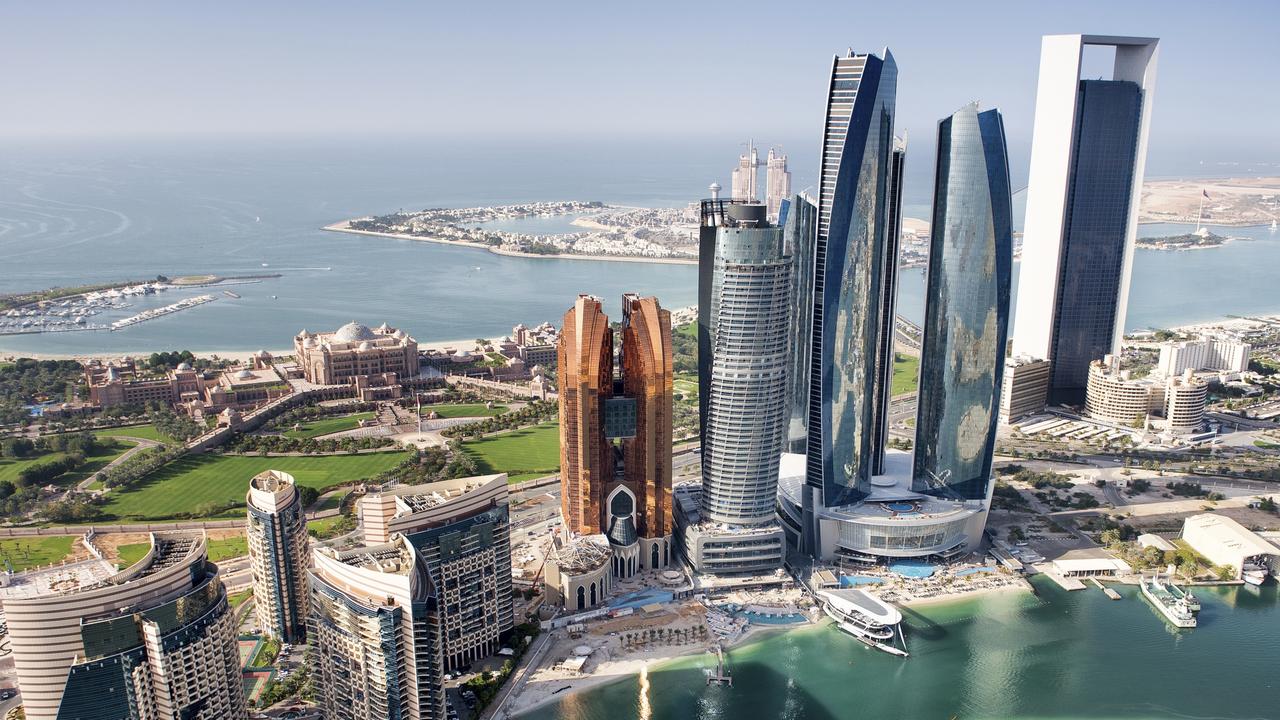
Measured by doses administered per 100 people, the UAE has had the world’s most successful vaccine rollout. The Middle Eastern country of 10 million has delivered 15 million jabs which is 154 per 100 residents. It’s estimated that amounts to around 77 per cent of residents being fully vaccinated.
It has used the US-German Pfizer shot, China’s Sinopharm and Russia’s Sputnik V jab.
The country is seeing around 2000 new Covid-19 cases per day, about half its peak, and six daily deaths.
Shops, schools, cafes off limits to unvaccinated
The UAE is divided into seven emirates which, similar to Australian states, largely look after their own health policy.
Abu Dhabi, the nation’s capital and second most populous emirate after Dubai, has said it has now reached its goal of vaccinating 93 per cent of “target groups”.
The emirate’s government has said it will give everyone else until August 20 to get their jabs. After that, much of the region will be off limits.
“The Abu Dhabi emergency, crisis and disasters committee has approved allowing entry into a number of public places for only those vaccinated,” it stated.
“The first phase will include shopping centres, restaurants, cafes and all other retail outlets.”
The decision also includes gyms, recreational facilities and sporting activities, health clubs, resorts, museums, cultural centres and theme parks, as well as universities, institutes, public and private schools and kindergartens.
Locals will have to present an app with proof of their vaccination status.
The hard line measures will not apply to children under 15 and those exempt from vaccinations.
After August 10, those who have not had their shots will still be able to enter supermarkets and pharmacies – but that’s about it.
“The committee stated the decision would enhance safety in areas that have been subject to additional precautionary measures and provide enhanced protection for community members,” the government said.
RELATED: Singapore’s surprising new plan to ‘live with Covid’

Russia tells unvaccinated to look for another job
In Russia’s capital of Moscow, entry to cafes and restaurants is already only allowed to those who have been vaccinated, have a recent negative covid test result or have had covid in the previous six months.
Despite Sputnik V being the world’s first approved Covid-19 vaccine, the government can’t persuade many Russians to take it. Vaccine hesitancy appears to have been driven by a lack of trust in Vladimir Putin’s government.
Just 10 per cent of the vast nation’s population is fully vaccinated, although that is more than Australia’s total. Now cases and hospitalisations are rising once again.
Last week the Kremlin, the national government, said at least 60 per cent of people in service industries must get a dose by mid-July.
Service industries includes housing, transport, bars and cafes.
Vaccination is theoretically voluntary in Russia, but practically speaking, major disincentives are now emerging for those who choose to avoid jabs.
“If a Muscovite works in the service sector and he has to get a vaccine but he has made a decision not to get vaccinated, he simply has to stop working in the service sector,” Kremlin spokesman Dmitry Peskov said.
“And if he wants to, he will look for a job in another place that is not connected with those areas where the mandatory presence of vaccinations is imputed,” CNN reported him as saying.

More freedoms for vaccinated a growing trend
The idea of proof of vaccination – often called “vaccine passports” – to gain entry to services or even entire countries has proved controversial. Nonetheless, they seem to be emerging in one form or another.
Britain is seeing another wave of infections fuelled by the more contagious Delta variant although high vaccination rates appear to have a kept a lid on serious cases.
This week Spain, Portugal and Malta all said UK travellers will now have to go into 14 days of quarantine upon arrival. That is except those Brits who can prove they’ve had both jabs who will continue to be welcomed in.
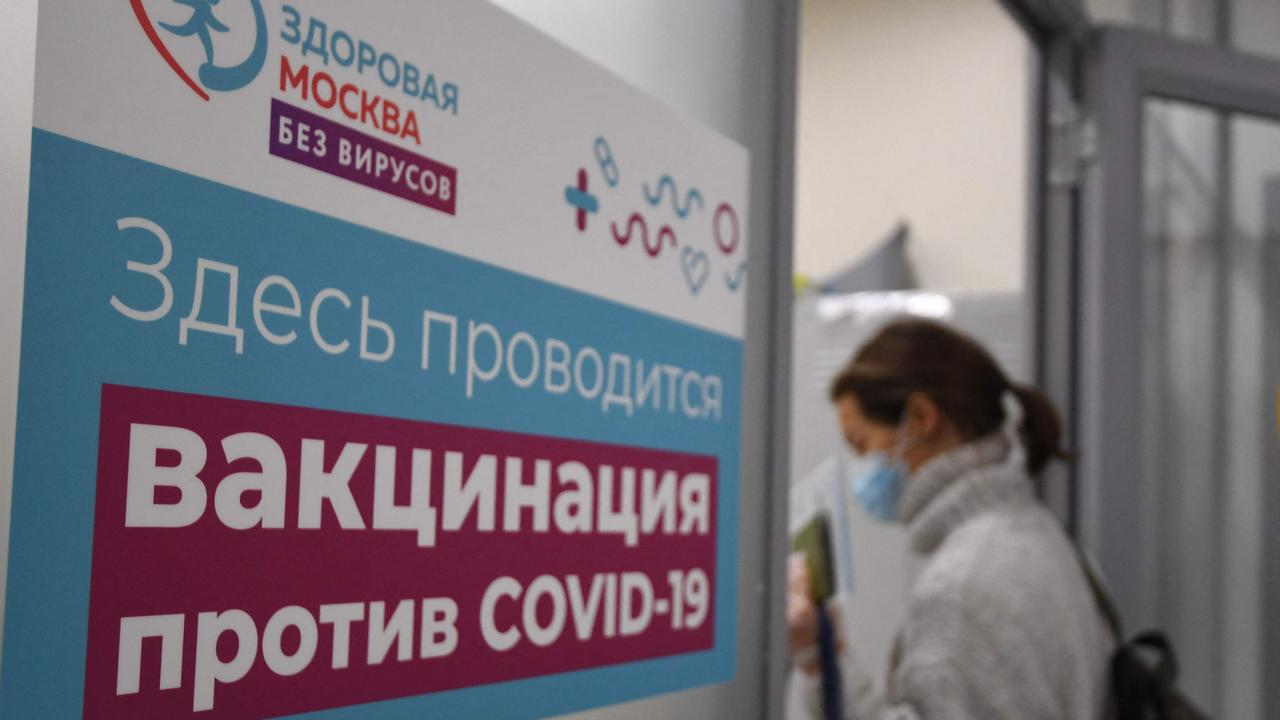
Last week, a trio of government ministers in Singapore released a plan to “live with covid”.
In future, it would be treated like other endemic diseases such as the flu.
Goals of zero transmissions, quarantine for travellers and isolation of close contacts would be out, replaced by breathalyser tests done before going to work or the shops.
“The bad news is that Covid-19 may never go away. The good news is that it is possible to live normally with it in our midst,” wrote Singapore’s trade minister Gan Kim Yong, finance minister Lawrence Wong and health minister Ong Ye Kung said in an editorial in the Straits Times.
“We can’t eradicate it, but we can turn the pandemic into something much less threatening, like influenza or chickenpox, and get on with our lives,” they said.
Peter Collignon, an infectious diseases professor at the Australian National University, told news.com.au Singapore’s was a “sensible approach”.
But the time for Australia to follow their lead was not yet and might not be for many months.
“Once we get to between 20 to 35 million doses then we can have a look at a different approach,” he said.
He said an aim should be to fully vaccinate around 70-80 per cent of the population including 90 per cent of those aged over 70.
“Once a large proportion of the population is vaccinated our approach should be about home hospitalisations and how many deaths (rather than case numbers),” Prof Collignon said.
“At some stage the consequences of this disease are going to be markedly decreased.”


